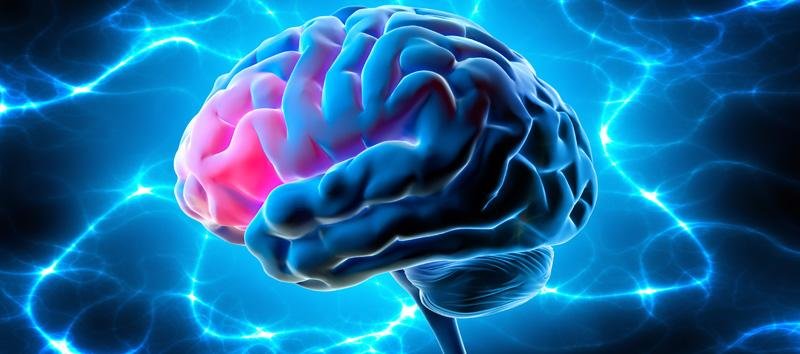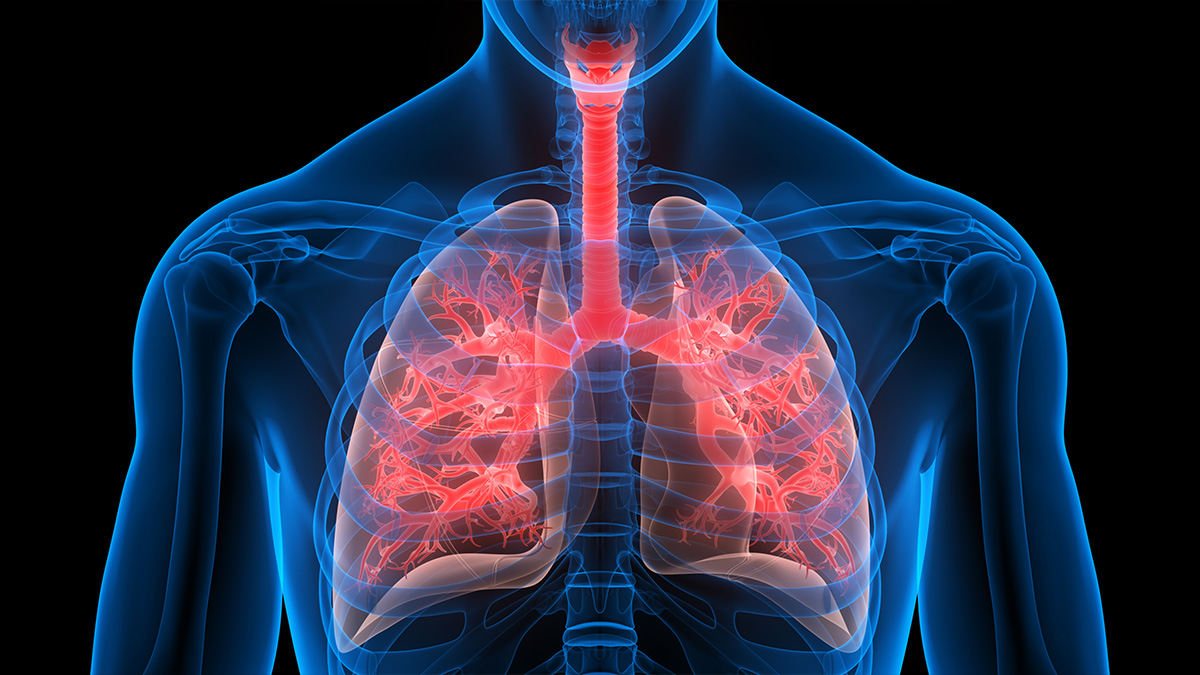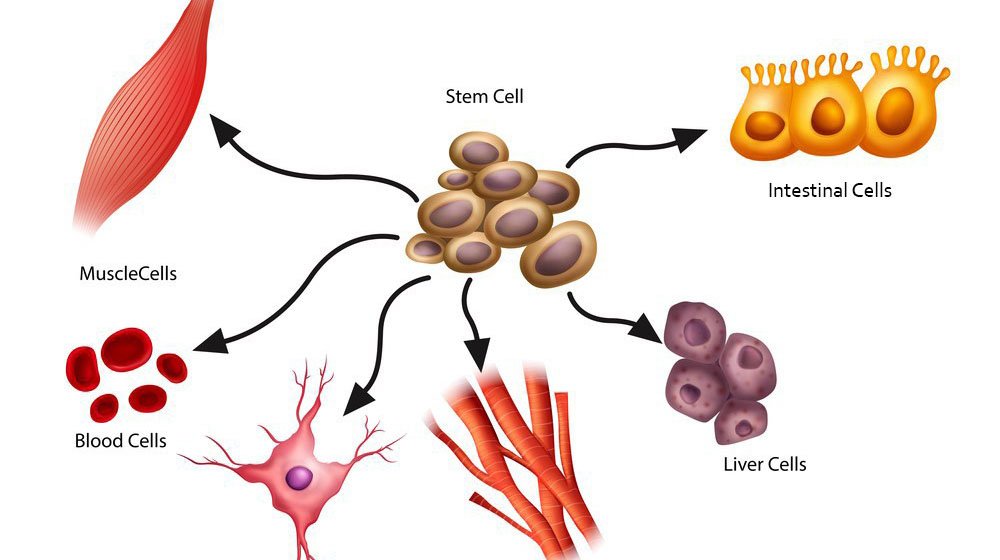Exercise is often described as medicine, but in truth, it is much more than that. It is one of the most powerful tools we have to transform our bodies, sharpen our minds, and uplift our spirits. Across cultures and generations, movement has always been essential to human survival. In today’s modern world, where long hours of sitting and digital distractions dominate our lives, daily exercise is not just about fitness—it is about reclaiming vitality, balance, and joy.
Science has long studied the profound effects of exercise, and the results are astonishing. From improving heart health to enhancing memory, reducing stress, and even slowing down aging, exercise impacts every corner of human life. In this article, we will explore fifteen science-backed benefits of daily exercise, offering not only the facts but also the inspiration to lace up your shoes, stretch your muscles, and embrace movement as part of your everyday routine.
1. Strengthens the Heart and Improves Cardiovascular Health
The heart is a muscle, and like any muscle, it grows stronger with regular use. Daily exercise—whether walking, cycling, swimming, or running—challenges the cardiovascular system in ways that enhance its efficiency.
When you move, your heart pumps harder to deliver oxygen-rich blood to your muscles. Over time, this process strengthens the heart muscle, lowers resting heart rate, and improves circulation. Exercise also helps to keep blood vessels flexible, reducing the risk of blockages that lead to heart disease.
Scientific studies consistently show that people who engage in regular physical activity have a lower risk of cardiovascular disease, hypertension, and stroke. Even moderate exercise, such as brisk walking for 30 minutes daily, has profound protective effects on heart health.
2. Boosts Mental Health and Reduces Stress
Few remedies are as powerful for mental health as movement. Daily exercise stimulates the release of endorphins, often referred to as “feel-good hormones.” These natural chemicals lift mood, reduce anxiety, and act as the body’s built-in stress relievers.
Exercise also lowers levels of cortisol, the stress hormone that, when elevated for long periods, can wreak havoc on health. Whether it’s a calming yoga session, a meditative walk in nature, or a high-energy workout, moving your body helps to quiet the mind.
Research has shown that people who exercise regularly experience fewer symptoms of depression and anxiety compared to sedentary individuals. Exercise can even be as effective as certain medications in treating mild to moderate depression—without the side effects.
3. Supports Healthy Weight Management
At its simplest, weight management comes down to energy balance—calories consumed versus calories burned. Exercise plays a vital role in this equation by increasing energy expenditure. But beyond calorie burning, daily movement influences metabolism in powerful ways.
Regular exercise helps preserve lean muscle mass, which in turn boosts resting metabolic rate, allowing you to burn more calories even while at rest. It also improves insulin sensitivity, making it easier for the body to regulate blood sugar and prevent fat storage.
When combined with a balanced diet, daily exercise is one of the most effective strategies for achieving and maintaining a healthy weight. Importantly, even if weight loss is not the goal, exercise prevents unhealthy weight gain and supports long-term metabolic health.
4. Strengthens Muscles and Bones
Our muscles and bones are designed for movement, and they thrive when we challenge them regularly. Daily exercise helps maintain muscle mass and bone density, both of which naturally decline with age.
Resistance training, in particular, stimulates muscle growth and strengthens the bones by applying stress that triggers the body to deposit more minerals into the skeletal system. Weight-bearing exercises such as walking, jogging, or dancing also reinforce bone strength, reducing the risk of osteoporosis and fractures later in life.
Muscular strength also translates into better posture, mobility, and independence. For older adults, maintaining strong muscles and bones means staying active, confident, and less prone to falls and injuries.
5. Improves Immune Function
Your immune system, the body’s defense against illness, responds positively to regular movement. Daily exercise mobilizes immune cells, enhancing their ability to detect and fight infections.
Moderate exercise reduces inflammation and improves circulation, allowing immune cells to travel more effectively throughout the body. This means your body is better prepared to fend off viruses, bacteria, and even certain cancers.
It’s worth noting, however, that balance is key: while moderate daily activity strengthens immunity, extreme overtraining without rest may temporarily weaken it. Still, for most people, consistent exercise acts as a natural immune booster that keeps sickness at bay.
6. Enhances Brain Health and Memory
Exercise doesn’t just benefit the body—it nourishes the brain as well. Physical activity increases blood flow to the brain, delivering oxygen and nutrients that enhance cognitive function.
One of the most exciting discoveries in neuroscience is that exercise stimulates the release of brain-derived neurotrophic factor (BDNF), a protein that promotes the growth of new neurons and strengthens connections between brain cells. This means exercise literally helps the brain rewire itself, improving learning, memory, and mental agility.
Regular movement is also linked to a lower risk of neurodegenerative diseases such as Alzheimer’s and Parkinson’s. For students, professionals, and older adults alike, exercise is a powerful tool for keeping the brain sharp.
7. Improves Sleep Quality
Daily exercise has a profound impact on sleep. Physical activity helps regulate circadian rhythms, the body’s internal clock that governs the sleep-wake cycle.
Exercise promotes deeper, more restorative sleep by reducing stress and anxiety, lowering body temperature after exertion, and increasing time spent in slow-wave (deep) sleep. People who move daily fall asleep faster, sleep more soundly, and wake feeling refreshed.
It is important, however, to time exercise wisely: vigorous activity too close to bedtime may stimulate the body and delay sleep. Ideally, aim to move earlier in the day or in the late afternoon for the best sleep benefits.
8. Reduces Risk of Chronic Diseases
One of the most powerful benefits of daily exercise is its ability to prevent chronic illnesses. Physical inactivity is a major risk factor for conditions such as type 2 diabetes, obesity, heart disease, and certain cancers.
Regular exercise improves insulin sensitivity, reduces blood pressure, lowers “bad” LDL cholesterol, raises “good” HDL cholesterol, and combats inflammation—all of which protect against chronic disease. Exercise also improves blood sugar regulation, dramatically reducing the risk of diabetes.
Studies have shown that active individuals live longer and healthier lives, with significantly lower risks of premature death from chronic conditions. Daily exercise is, in many ways, the ultimate prescription for disease prevention.
9. Enhances Energy Levels
It may seem counterintuitive, but the more you move, the more energy you have. Exercise increases circulation and oxygen delivery, giving cells the fuel they need to produce energy efficiently.
Regular physical activity also improves mitochondrial function—the tiny “power plants” inside cells that generate energy. Stronger mitochondria mean less fatigue, greater stamina, and a sustained sense of vitality throughout the day.
Daily exercise reduces feelings of sluggishness and boosts productivity, making it easier to tackle work, family responsibilities, and personal goals with enthusiasm.
10. Promotes Longevity and Slows Aging
Science shows that exercise is one of the most powerful anti-aging tools we have. Daily activity helps preserve telomeres—the protective caps at the ends of chromosomes that shorten as we age. Longer telomeres are associated with greater cellular health and longevity.
Exercise also combats age-related declines in muscle mass, bone density, balance, and cognitive function, allowing individuals to remain active and independent well into old age. It even slows the buildup of oxidative stress and inflammation, two major contributors to aging.
In essence, daily movement not only adds years to life but also life to years, ensuring that aging is accompanied by vitality rather than decline.
11. Improves Digestive Health
Movement stimulates the digestive system, helping food move more smoothly through the intestines and reducing the risk of constipation. Exercise also supports a healthy gut microbiome, the community of bacteria living in our intestines that influences digestion, immunity, and even mood.
Daily physical activity improves appetite regulation and insulin sensitivity, preventing spikes in blood sugar that stress the digestive system. For individuals with conditions like irritable bowel syndrome (IBS), exercise has been shown to reduce symptoms by lowering stress and enhancing gut motility.
12. Supports Better Posture and Flexibility
In today’s sedentary world, poor posture is common, leading to back pain, stiffness, and even breathing difficulties. Exercise strengthens the muscles that support the spine and improves flexibility in the joints, allowing the body to move with greater ease and alignment.
Daily stretching, yoga, or mobility work enhances range of motion, reduces tension, and prevents injuries. For office workers, incorporating simple exercises can counteract the effects of prolonged sitting and restore balance to the body.
Better posture and flexibility not only improve physical health but also enhance confidence and body language, influencing how we carry ourselves in the world.
13. Boosts Confidence and Self-Esteem
Exercise has a remarkable impact on how we feel about ourselves. As we build strength, endurance, and skill, we also cultivate a sense of achievement and self-worth.
Daily movement helps improve body image, not by conforming to societal ideals, but by fostering appreciation for what the body can do. It shifts focus from appearance to capability, creating a more positive relationship with oneself.
Regular exercise is also associated with greater resilience, self-discipline, and a growth mindset—qualities that extend far beyond fitness and into all aspects of life.
14. Strengthens Social Connections
While exercise can certainly be a solitary practice, it also provides powerful opportunities for social connection. Group fitness classes, sports teams, walking clubs, or even jogging with a friend create shared experiences that strengthen bonds.
Science shows that social relationships are one of the strongest predictors of happiness and longevity. Daily movement, when done in community, not only improves physical health but also combats loneliness and fosters belonging.
Even small moments—like greeting the same faces on a daily walk—contribute to a sense of connection that enriches life.
15. Cultivates Resilience and Mental Toughness
Life is filled with challenges, and exercise trains the mind as much as the body to meet them. Pushing through a difficult workout, committing to a daily routine, or learning a new skill teaches perseverance, focus, and resilience.
Exercise creates a safe space to practice overcoming discomfort, which builds confidence in facing real-world obstacles. It also enhances emotional regulation, allowing us to cope with stress and adversity with greater calm.
This mental toughness, forged through daily movement, becomes a valuable tool not only in personal health but in relationships, careers, and every pursuit of life.
Conclusion
Daily exercise is far more than a way to burn calories or build muscles. It is a holistic practice that touches every aspect of life—body, mind, and spirit. From protecting the heart to sharpening the brain, from reducing disease risk to building resilience, the benefits of movement are backed by science and enriched by human experience.
In a world that often pulls us into stillness, exercise is a reminder of what it means to be alive. It connects us to our bodies, to nature, and to each other. It empowers us to age with vitality, to face challenges with strength, and to embrace life with joy.
The science is clear, and the invitation is simple: move daily, and watch as exercise transforms not just your health, but your entire life.






